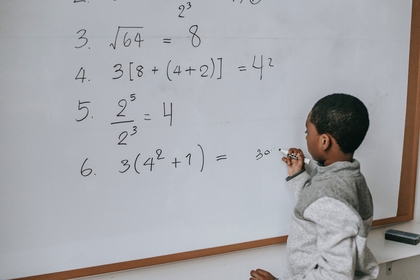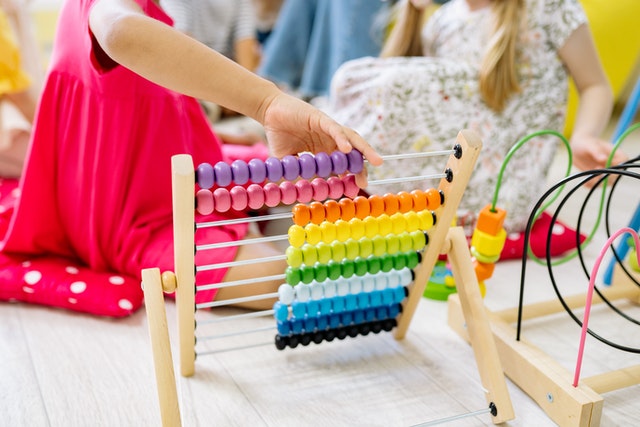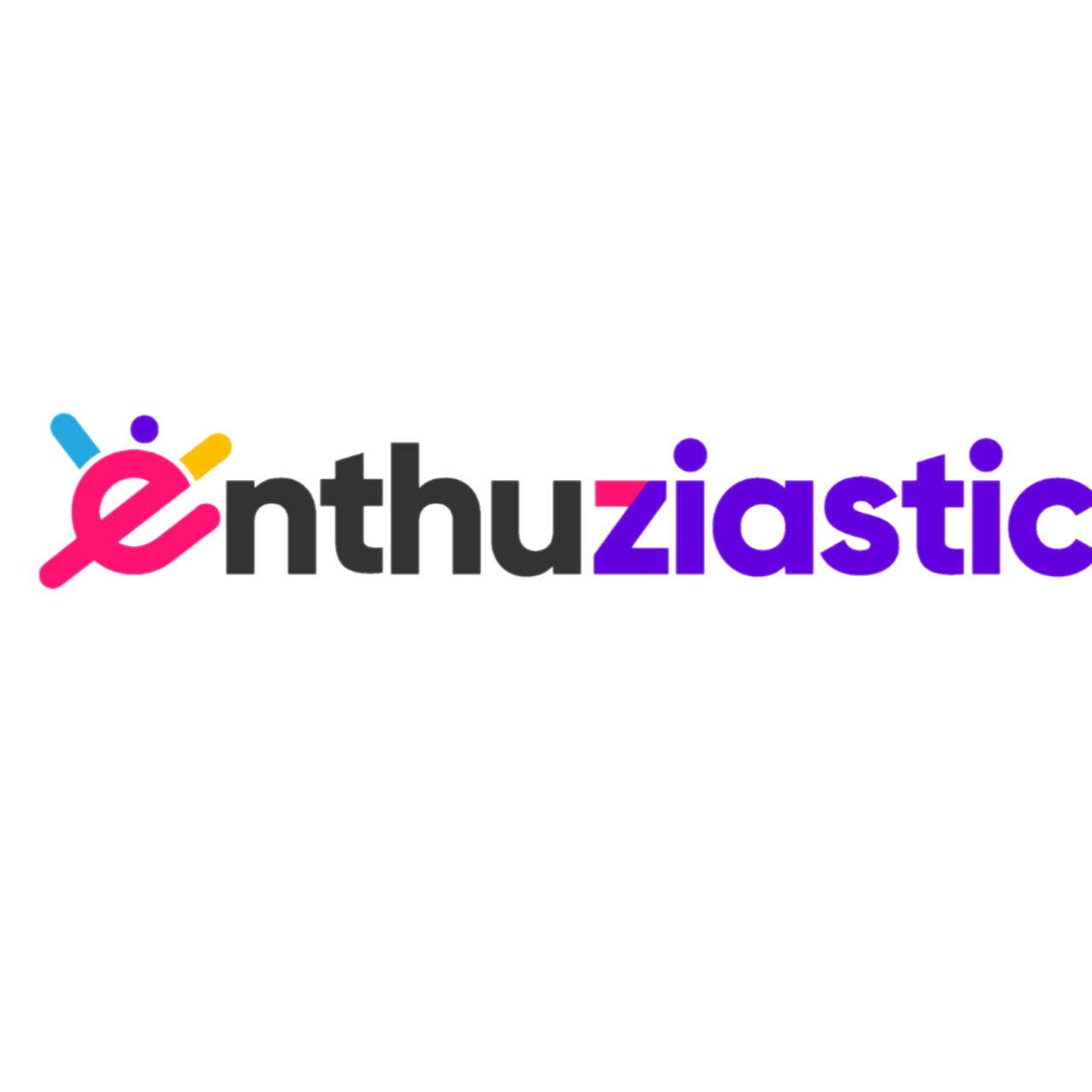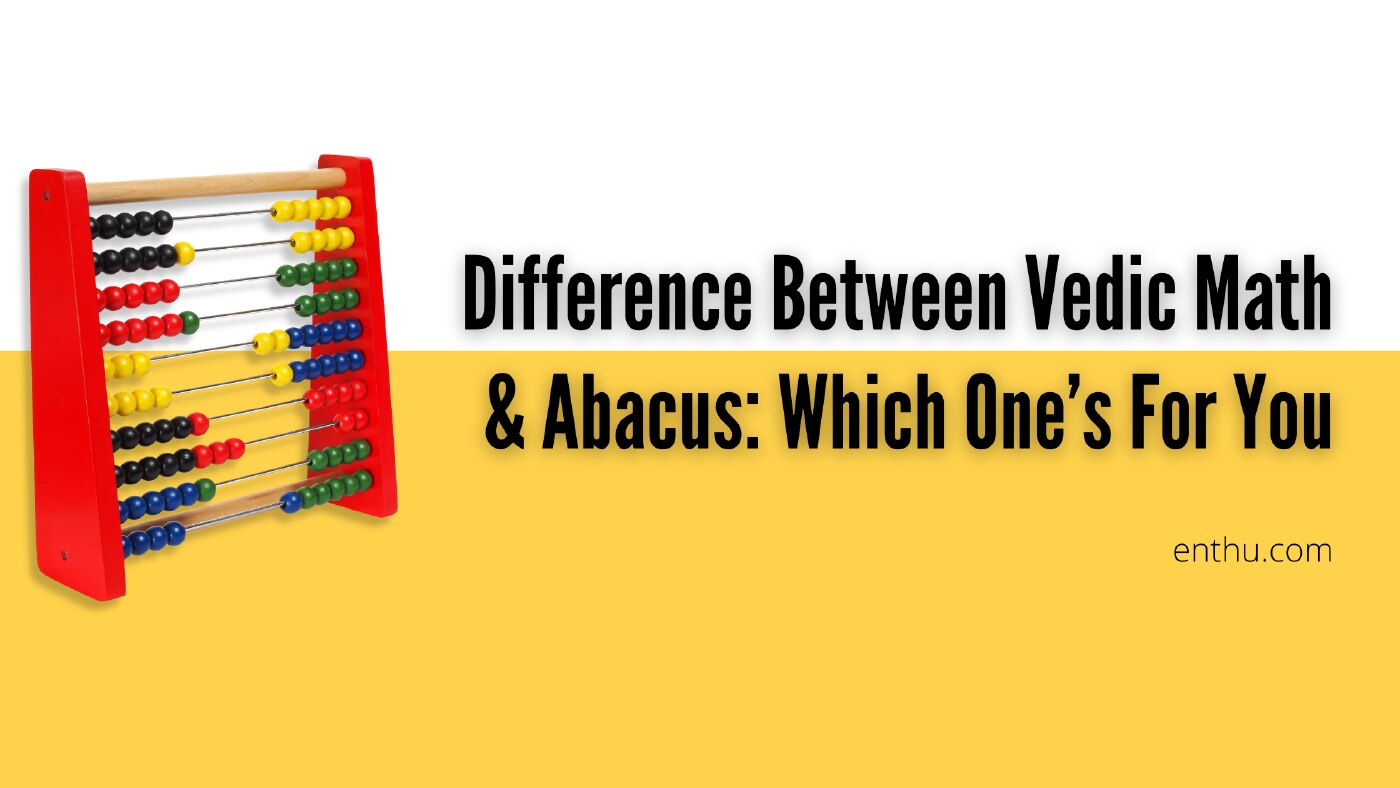“Why do children dread mathematics? Because of the wrong approach. Because it is looked at as a subject.” – Shakuntala Devi aka the “Human-Computer”.
Did you hate mathematics when you were in school?
What if I told you that math wasn’t that bad, but it was the teaching method? Yes, when you are learning something, the approach makes all the difference.
That’s why new-age teachers are using Vedic math and Abacus to make students more and more interested in the subject. But when you are choosing a particular method for your little one, you need to know the difference between Vedic Math and Abacus in detail.
A lot of research has been going on since the last decade to figure out the perfect teaching method for kids. Both Abacus classes and Vedic math classes proved to be unique and proficient in teaching mathematics mindfully.
Abacus and Vedic maths, both contribute in making mathematics interesting and fun, but you can’t walk on two different paths at the same time. You have to choose one. Which one will it be? Vedic Math or Abacus? Let’s find out.
What is Vedic Math?

Vedic maths claims its roots in the ancient Hindu scripts; the Vedas. Shri Krishna Tirthaji, a great mathematician and monk, conceived all the Vedic sutras as the foundation of Vedic maths in his book.
Vedic maths comes with numerous shortcut tricks and methods for making calculation faster than usual, which are called Vedic Sutras. These tricks and sutras are very easy to memorize.
The Sutras are the speed-enhancing methods that are used for faster calculations.
Specifically, these are used for addition, subtraction, multiplication, division, cubes, squares, square roots, cube roots, LCM, HCF, and various other complex calculations.
As a result, many advanced schools, especially in Western countries like England, Germany, USA, and Canada are embracing this method to teach their students and make them more interested in their subject.
Recommended Age Group: 8 years or above
Time to Master: 3 months
What is Abacus?

An abacus or a counting frame is a mechanical device that helps to calculate arithmetic problems easily.
Initially, it was invented thousands of years ago to do arithmetic calculations, and today abacuses are used to make children understand mathematics in a simplified way.
It comprises a rectangular frame that holds vertically organized rods on which beads move up and down. As a result, children are naturally attracted to it as it is an actual thing.
Find out about Various types of Abacus
Some research has shown that the Abacus increases children’s brainpower, as it promotes exercise both in the left and right hemispheres of their brains.
However, an abacus does not perform calculations by itself; instead, it helps kids to calculate by remembering what has been counted.
Recommended Age Group: 2 to 3 years
Time to Master: 5 to 14
With the help of visualizing abacus bead movements, children can solve calculations in their minds speedily.
The Perfect Age to learn using an Abacus is 3 years-old
Difference between Vedic Maths and Abacus
Now that you have a general idea about both Vedic math and Abacus, here is a detailed comparison between Vedic Math Vs. Abacus to help you choose the right one for your beloved child.
1. Meaning
Abacus is a tool used to simplify the process of calculation.
On the contrary, Vedic maths is actually a learning methodology that teaches you shortcuts and tricks of mathematical calculations.
Queen Nefertiti played Chess-like boardgame
2. Tools Requirement
Abacus is basically a physical tool that helps kids to memorize counting.
Whereas, Vedic maths requires no tools. If you have your pen and paper handy, you are good to go.
Find out about the Parts of an Abacus
3. Age Group
These two learning methods are targeted towards kids from different age groups. Abacus is suitable for kids between the age group of 5-14 years. That’s why most elementary schools use Abacus these days.
On the other hand, Vedic maths is for slightly older kids who have a basic idea of calculation. This methodology is best suitable for kids above 8 years of age.
4. Concentration Building
Researchers have claimed that practicing mathematics with an Abacus actually helps develop concentration skills.
Although Vedic maths is a scientific methodology, it doesn’t help you build concentration.
5. Teaching
Both of these techniques are used for different purposes. Abacus is used to teach basic mathematical problem solving like subtraction, multiplication, addition, and division.
However, the methodology of Vedic maths teaches a higher level of calculations. It also deals with complex numbers and formulas.
Wondering how to Teach Math using an Abacus?
6. Origin
According to popular beliefs, the word Abacus actually comes from Latin. Although it is hard to trace its origin, some people claim that it came from ancient China, and on the other hand, some sources claim that it was used extensively in medieval Rome.
On the other hand, Vedic maths has its roots in India. It is derived from ancient Hindu scripts; the Vedas. Shri Krishna Tirthaji jotted down all the Sutras and compiled them in his book.
7. Learning Time
Learning Abacus might seem easy to you, but it takes almost 2-3 years for kids to grasp it well.
Whereas you can learn all the tricks and techniques of Vedic maths in just about 8-12 months.
8. Usage
Abacus is more of a mental training process. Most kids don’t require the Abacus tool after a few months of practice, as they can imagine the abacus tool in their minds and calculate math problems mentally.
Vedic Maths is not purely mental maths but more conditional maths. Once you apply a formula (Sutra) for a particular condition, you will be able to calculate the long equations.
Commonly Asked Questions about Vedic Maths Vs. Abacus
1. Is Vedic maths really useful?
Yes, Vedic maths is really useful. It helps children memorize tables and formulas. Also, it is one of the fastest methods of complex calculations.
Learning Vedic maths not only helps children calculate faster, but it also develops an interest in mathematics.
2. Does Vedic maths increase IQ?
Recent research has revealed that children who learn to solve math equations through Vedic maths tend to be sharper than students who follow traditional calculation methods. Learning Vedic maths increases IQ.
3. Is Abacus easy to learn?
While it’s easy for a very small number of children, most kids find math very confusing. Learning Abacus is one of the best ways to develop number fluency and arithmetic skills.
4. Is Abacus bad for the child?
No, it’s not bad for a child. Instead, Abacus learning is very useful for kids.
It enhances the core Skills like memory, creativity, concentration, and Problem Solving, which makes them confident & successful in overall academics and in life.
Conclusion
Both Abacus and Vedic maths promote smart and mindful learning for mathematics. Several studies have proved that kids who learn through these two methods tend to feel less fearful and grow interested in the subject.
I have discussed everything about these two methods here. I hope it will help you choose the right method for you. If you want your kids to learn smart, you can enroll them in the EnthuZiastic Vedic maths class or Abacus class, whichever suits you.
Lastly, remember that there is nothing better than encouraging space for a child. If you want your kid to grow and learn faster, always encourage them with your support.

